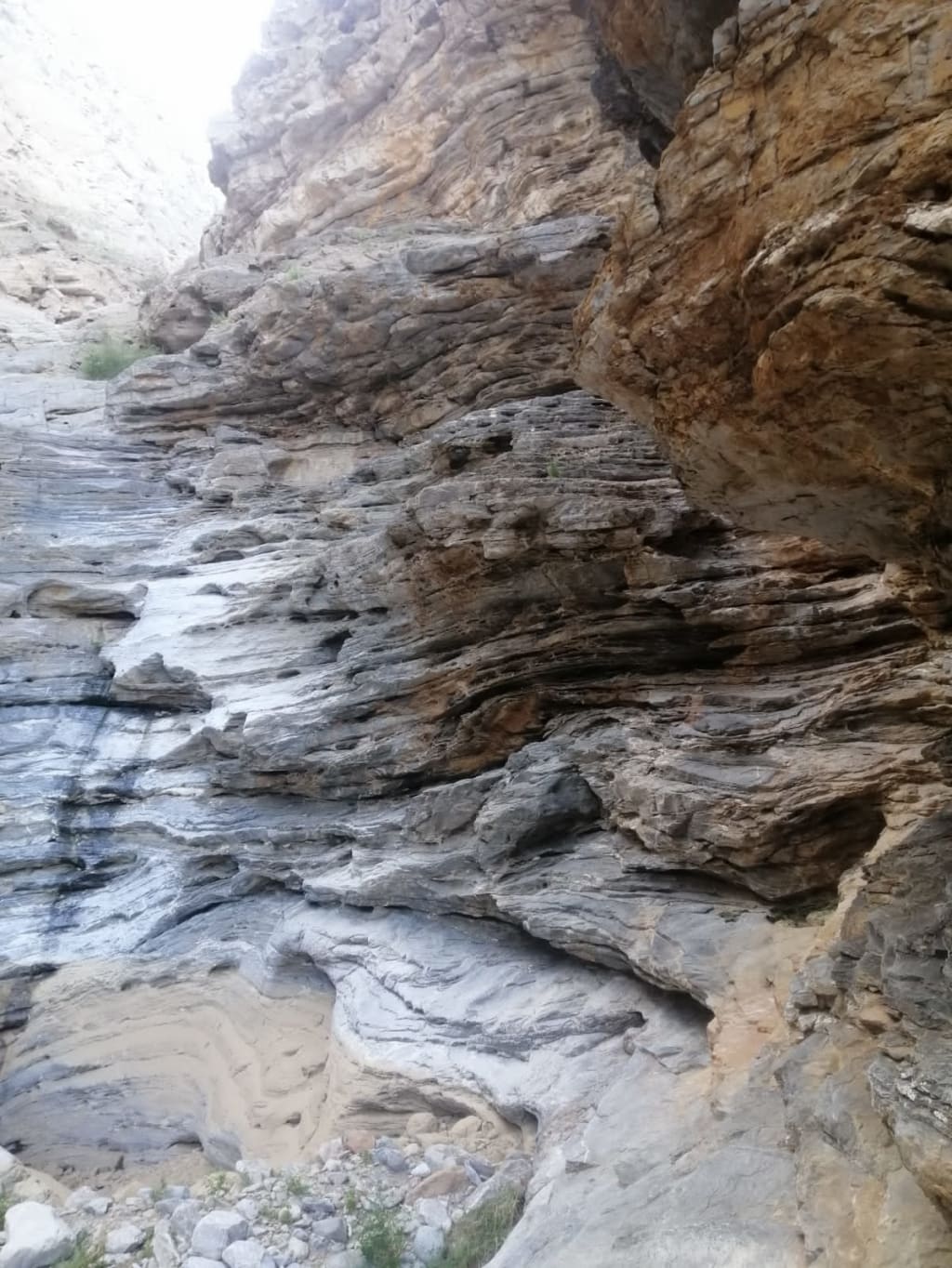
Best time to undertake the trek
The best time to undertake a trek depends on several factors such as the location, climate, weather conditions, and altitude of the trekking route. Here are some common factors that can affect the best time to go trekking:
Climate:
Some trekking destinations have distinct seasons with varying weather patterns, and the best time to go may depend on the type of weather you prefer. For example, in monsoon season, it may be difficult to trek in areas with heavy rainfall.
Altitude:
Higher altitude trekking routes may be affected by snow and ice during winter, while lower altitude routes may be more accessible year-round.
Wildlife:
Some trekking routes may be more suitable for wildlife viewing at certain times of the year.
Crowds:
Some popular trekking routes may be more crowded during peak season, so it's best to plan accordingly.
Physical and technical demands of the trek
The physical and technical demands of a trek refer to the level of physical fitness and technical skills required to complete the trek successfully and safely.
Distance:
The distance of the trek can affect the physical demand, with longer treks requiring a higher level of endurance.
Elevation gain:
The amount of elevation gain, or the vertical distance climbed, can impact the physical demand, with treks that involve steep ascents requiring a higher level of fitness.
Terrain:
The type of terrain, such as rocky or muddy paths, can affect the technical demands of a trek, with more difficult terrain requiring better balance and footwork.
Altitude:
Higher altitude treks can have a greater physical and technical demand due to the effects of altitude sickness, such as headaches, fatigue, and decreased physical performance.
Duration:
The duration of the trek, or the number of days spent on the trail, can affect both the physical and technical demands, with longer treks requiring a higher level of fitness and endurance.
Risks and hazards associated with the trek and tips for staying safe
Trekking can involve certain risks and hazards, and it's important to be aware of them and take steps to stay safe.
Altitude sickness:
Altitude sickness can occur when climbing to higher elevations and can cause symptoms such as headaches, nausea, and fatigue. To prevent altitude sickness, it's important to acclimatize gradually, drink plenty of water, and avoid alcohol and caffeine.
Weather:
Weather conditions can change rapidly and unexpectedly in many trekking destinations, and it's important to be prepared for sudden changes in temperature and precipitation.
Terrain:
The terrain can be uneven and challenging, and it's important to watch your step and take care on steep or rocky sections.
Wildlife:
Some trekking destinations may be home to dangerous wildlife, such as bears, mountain lions, or venomous snakes. It's important to be aware of the risks and take appropriate precautions, such as carrying bear spray or making noise to avoid surprising wildlife.
Hydration:
Staying hydrated is essential for preventing dehydration and maintaining physical performance, especially in hot and dry conditions.
First aid:
It's important to be prepared for emergencies and carry a basic first-aid kit, including items such as pain relievers, bandages, and antiseptic wipes.
Navigation:
In remote or wilderness areas, it's important to have a map and compass or GPS device and to be familiar with the route and potential hazards.
It's always best to research the specific trek you are interested in and to prepare and plan accordingly to minimize the risks and stay safe on the trail.
Respect the environment: Trek responsibly and follow the "leave no trace" principle, which involves leaving the environment as you found it.
Stay healthy keep reading...






Comments
There are no comments for this story
Be the first to respond and start the conversation.